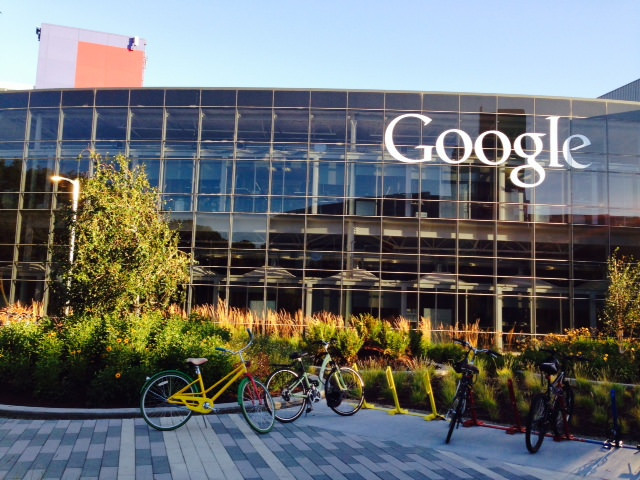
It's been nearly one year since Rockstar Consortium, a patent holding company owned in part by Microsoft and Apple, launched a major patent assault against Google. Now, the issue of where the case will be heard has finally been resolved—in Google's favor.
Google took the case to the nation's top patent court to get it out of East Texas and back to its home state, California. The matter of venue isn't a mere sideline skirmish. East Texas courts are generally considered tough on patent defendants, with few cases resolving on summary judgment, stringent discovery rules, and last-minute scheduling decisions. Google's Texas case was scheduled to be heard in front of US District Judge Rodney Gilstrap, who hears far more patent cases than any other district court judge in the nation.
Rockstar v. Google: A brief history
Nortel, a Canadian telecom company, went bankrupt in 2009. Two years later, the company's patents were auctioned off. Microsoft, Apple, RIM, Ericsson, and Sony, grouping together as "Rockstar Bidco," spent $4.5 billion to buy the whole batch. Google bid $4.4 billion, seeking to beef up its patent portfolio, but it wasn't enough. After the auction, Google's top lawyer called the purchase a "hostile, organized campaign against Android."
On Halloween 2013, Rockstar sued in East Texas, naming Google and several companies that make Android products, including Samsung, Asustek, and HTC. Google retaliated with a California-based counter-suit seeking to invalidate the patents at issue, which cover search and online advertising features, and the company argued strongly in favor of its home venue.
The clash seemed to be resolved in April, when US District Judge Claudia Wilken issued an order allowing Google to move ahead in her California court. Rockstar, she noted, was owned in large part by Apple; fighting in Texas made little sense.
But it wasn't. On July 1, Gilstrap declined (PDF) to let the cases go, denying a motion by Google and Samsung to transfer everything to California. The California case might not resolve all the issues presented in the seven different East Texas lawsuits, noted Gilstrap, since Rockstar was suing various incarnations of Android, and "each defendant mobile phone manufacturer modifies and customizes the Android system to its own particular purposes."
He also accepted Rockstar's assertion that it was headquartered in Plano, Texas, within his district.
Abuse of discretion
That office was front and center in the case once Google decided to go over Gilstrap's head, taking the risky step of asking an appeals court to overrule him. The standard of evidence required for a win was a high one—Google would have to show that Gilstrap had "abused discretion" in denying a transfer. If Google lost, it would be stuck in front of a judge who might be harboring bad feelings about being challenged this way.
"The district court clearly erred by crediting, and indeed according great weight [to], Rockstar’s made-for-litigation satellite office in Plano, Texas," wrote Google lawyers in their petition (PDF). The Plano office had no senior management and only three employees with any relevant knowledge, the filing said.
Rockstar's "nerve center" was actually in Canada. Google argued that the Plano office was "entirely an artifact of litigation" and said that Rockstar's proffered reasons for creating the Texas office were simply "platitudes," such as the suggestion that the Plano offices were "far more attractive and suitable."
The bet paid off. Yesterday, a panel of judges at the US Court of Appeals for the Federal Circuit sided with Google (PDF), ordering the Texas court to stay proceedings until the matter is hashed out in California.
"It is clear that there was no need to proceed with the five Texas actions because the one California action may suffice," wrote Judge Kathleen O'Malley on behalf of the three-judge panel. It was a "classic case" requiring a stay, she wrote. If the two proceedings went forward in parallel, they would either come to the same result, "producing wasteful and unnecessary litigation," or else they would disagree, "thus producing conflicting decisions."
The Texas court leaned too heavily on the fact that defendants could "modify and customize the Android platform" to suit their own purposes, wrote O'Malley. The weight of the decision should be in the fact that Google's headquarters, the relevant witnesses, and most of the records are in the Northern District of California.
The judges concluded that Gilstrap's orders warrant the strong step of mandamus relief because they "frustrate the comity doctrine, requiring two federal district courts and the parties to expend resources to resolve substantially similar claims and issues."
reader comments
82